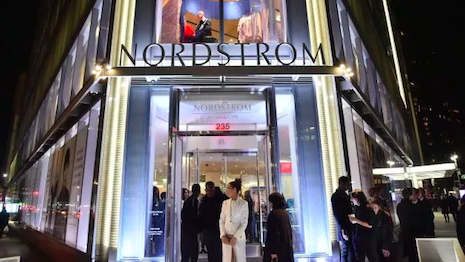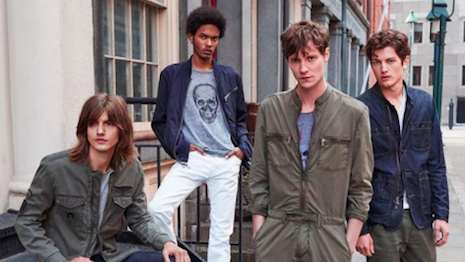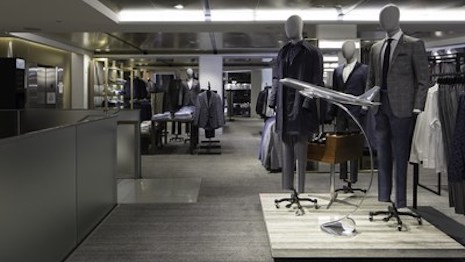 Customer expectations and retailer offerings do not always align. Image credit: Andrew H.Walker/Shutterstock.
Customer expectations and retailer offerings do not always align. Image credit: Andrew H.Walker/Shutterstock. The majority of customers in the United States today desire comprehensive product tracking across every touchpoint of the purchasing process, but only a select few retailers live up to this expectation.
A new report from Boston Retail Partners took a deep dive into the realities of customer service in U.S. retail today to compare what consumers expect and desire with what retailers actually offer. What it found was that not only are retailers missing the mark, but that one bad experience can cause them to lose a customer forever.
“While most consumers expect the ability to shop seamlessly across channels, only 7 percent of retailers currently provide a complete unified commerce experience by allowing a customer to ‘start the sale anywhere, finish the sale anywhere,’ with another 50 percent planning to implement it in three years,” said Perry Kramer, senior vice president and practice lead at Boston Retail Partners, Boston.
Omnichannel expectations
In the modern retail world, customers expect a complete integration of the digital and physical worlds.
In a new survey from BRP, 73 percent of customers want tracking across all touchpoints of the shopping process. For customers, it is important that they never be in the dark about where their products are or when they will arrive.
Despite this large support for tracking at all stages, only 7 percent of retailers actually offer such tools.
Some luxury brands have already embraced omnichannel as their go-to strategy. Image credit: John Varvatos
In other areas, retailers are more in line with customer expectations. For example, 62 percent of customers research reviews online while 61 percent of retailers offer reviews for researching.
Similarly, 64 percent of customers are okay with their search history being saved to improve their experience later while 61 percent of retailers use that information for that reason.
But the report still details areas where expectations and reality do not line up. Sixty-eight percent of customers desire automated returns, while just 13 percent actually offer that option.
Retail growth
Living up to customer expectations is important no matter what, but it is especially true for developing new omnichannel options.
Consumers today have mastered the art of seamlessly transitioning between online, offline and mobile shopping, and retailers must adapt to this new reality because omnichannel shoppers represent an outsized portion of revenue.
A report from Criteo found that only 7 percent of consumers are omnichannel shoppers yet cross-channel shopping accounts for 27 percent of all sales. For retailers, adjusting to the way customers shop now, freely switching between shopping on their phones, online at home or in store is paramount to future success (see story).
Some luxury retailers have already invested heavily in omnichannel strategies that have translated into growth.
Department store chain Nordstrom has seen a 5.8 percent growth in net sales within the first quarter of 2018 compared to last year, as it further invests in digital and modern strategies.
Nordstrom has seen major growth from omnichannel. Image credit: Nordstrom
Nordstrom has marked this year as an important time for the store, as it opened its first menswear flagship. For the quarter ended on May 5, the department store saw a jump of 250 basis points, which it attributes to its growing loyalty program (see story).
“With customer expectations continuing to rise, it is promising to see how many retailers are focused on adding new capabilities to enhance the shopping experience," BRP's Mr. Kramer said.

